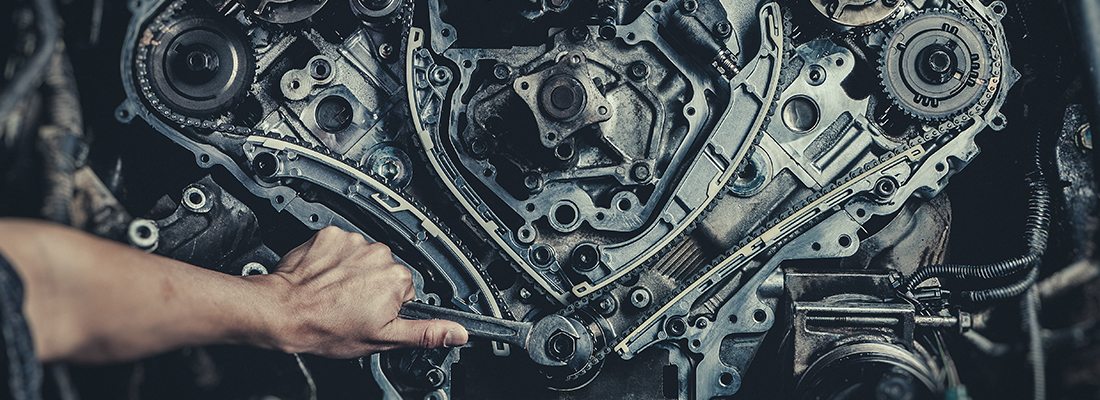Engine Specific Test Packages: Basic vs. Advanced

When starting your oil analysis program, deciding which test package to use for your engine can be intimidating. You have to make an important decision between testing the condition of your oil vs. the life of your oil.
Maintenance professionals concerned with the condition of their oil usually go with a basic package that includes the testing required for analysts to detect basic equipment wear and lubricant contamination. The package includes:
- Elemental Metals Analysis (24 by ICP)
- Fuel Dilution % (Diesel/Gasoline Only)
- Water by Crackle (estimate)
- Fuel Soot % (Diesel/Gasoline Only)
- Viscosity at 40 degrees or 100 degrees Celsius
In contrast, the advanced package is usually chosen by experienced maintenance professionals who are concerned with extending their drain. The package includes the testing required for our analysts to detect basic equipment wear, lubricant contamination and lubricant life:
- Elemental Metals Analysis (24 by ICP)
- Fuel Dilution % (Diesel/Gasoline Only)
- Water by Crackle (estimate)
- Fuel Soot % (Diesel/Gasoline Only)
- Viscosity at 40 degree or 100 degrees Celsius
- Oxidation
- Base Number
- Nitration
The three additional tests performed in advanced packages are used to determine the maximum drain interval. Maintenance teams often have these tests performed because of the high cost of savings that comes with extended drains.
The first test, oxidation, measures the breakdown of a lubricant due to age and operating conditions. It prevents additives from performing properly, promotes the formation of acids and increases viscosity.
Testing for nitration indicates excessive “blow-by” from cylinder walls and/or compression rings. It also indicates the presence of nitric acid, which speeds up oxidation. Nitration is primarily a problem in natural gas engines.
The base number test measures a lubricant’s alkaline reserve or ability to neutralize acid. As the base number depletes, the lubricant’s ability to effectively neutralize acids is diminished. A base number of at least 25% of the new oil’s value is recommended to protect engine parts.
In addition, the advanced package can be tailored to fit the needs of the program, whether the team is more focused on preventive or predictive maintenance.
If you have any questions about which test package best fits your program needs, please feel free to contact our team at getstarted@polarislabs.com.

Proven Impact. Proven Uptime. Proven Savings.
Let us prove it to you.


